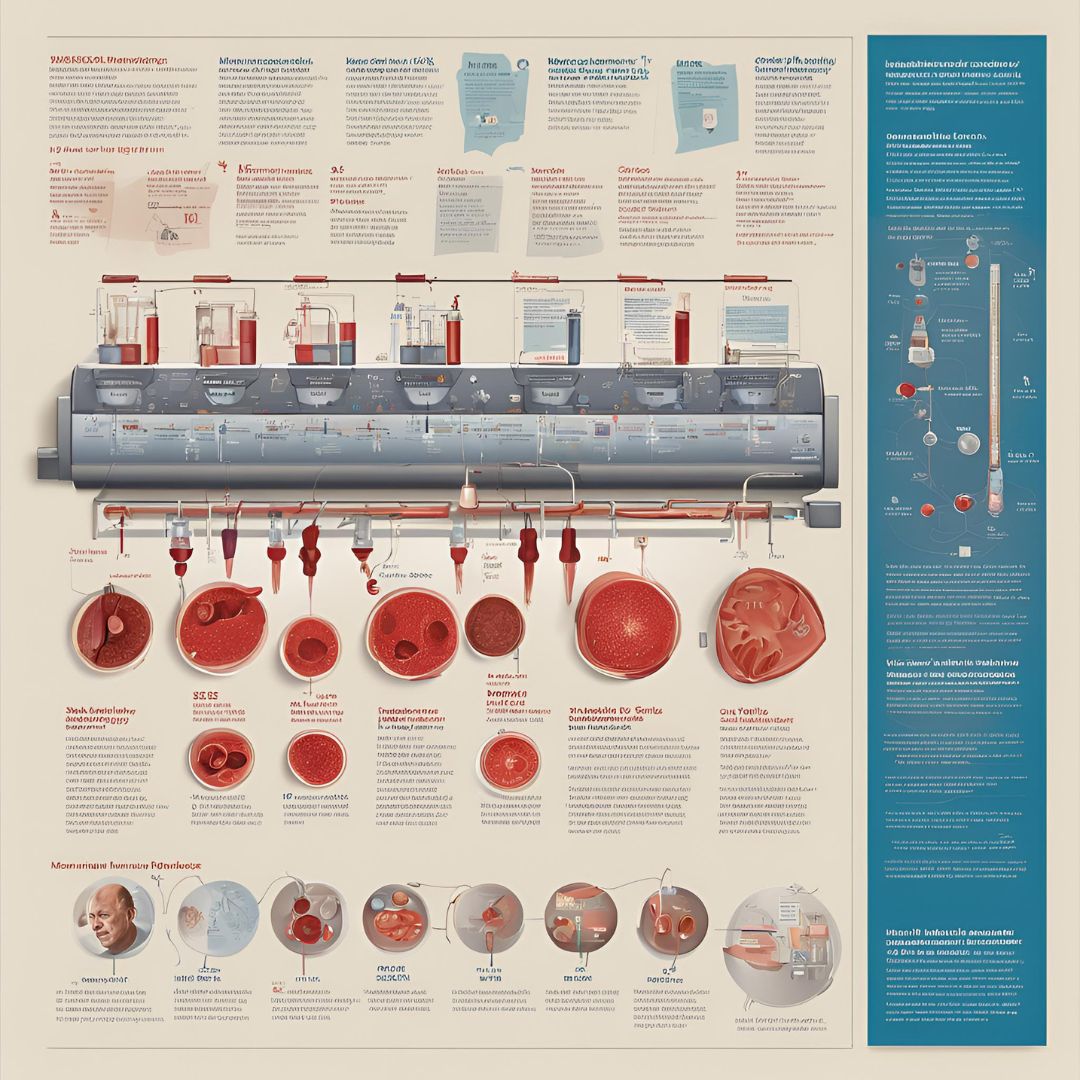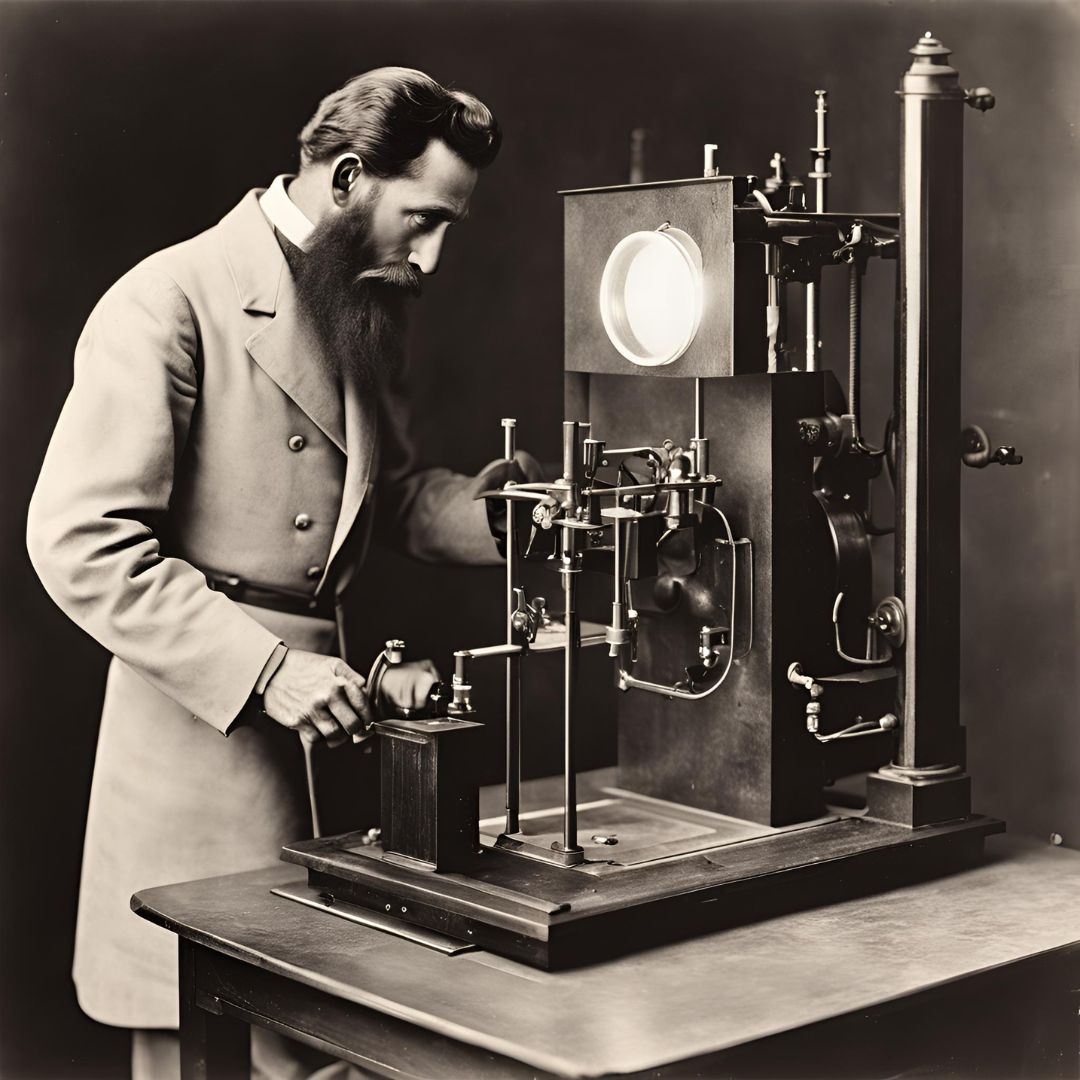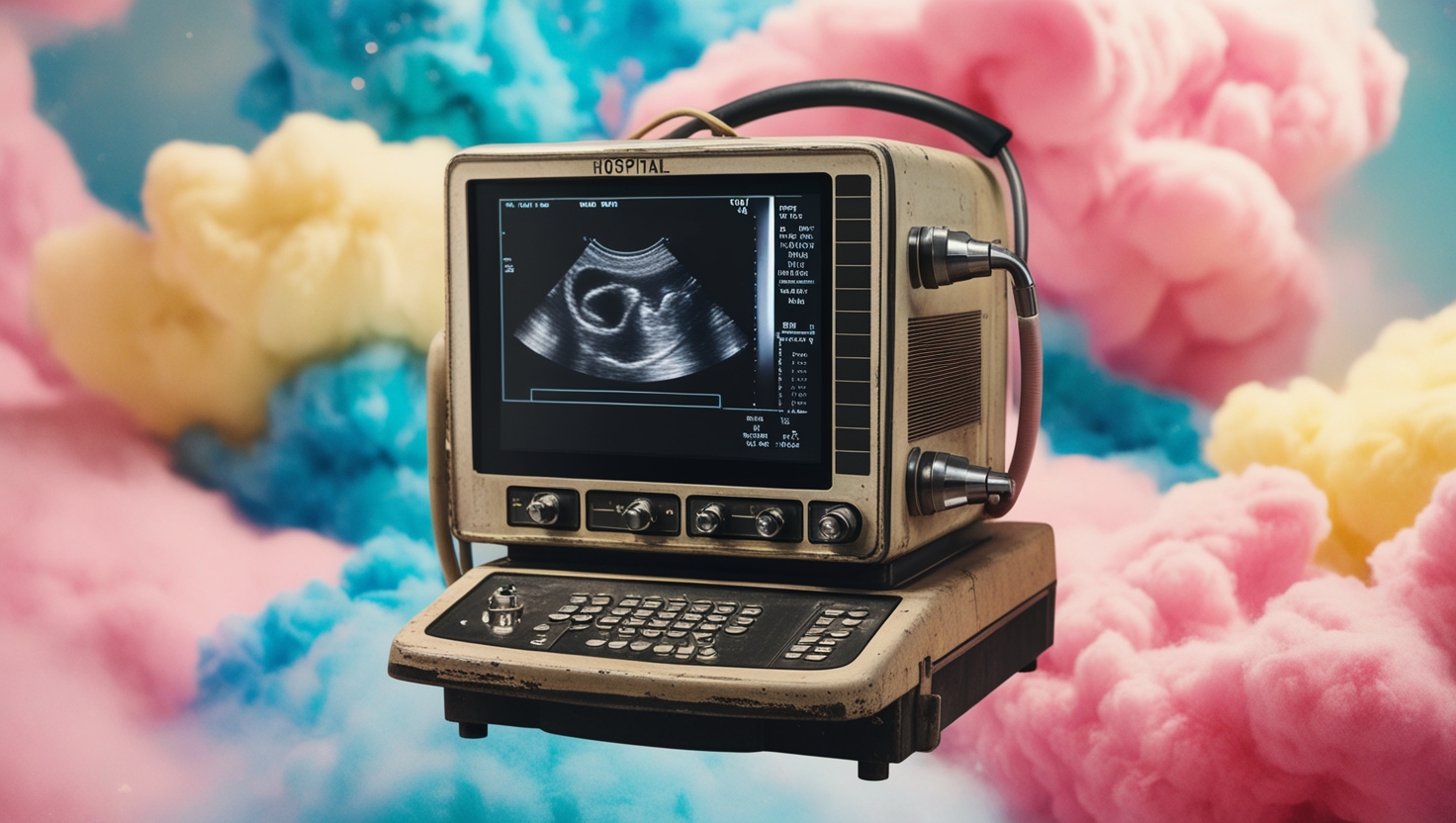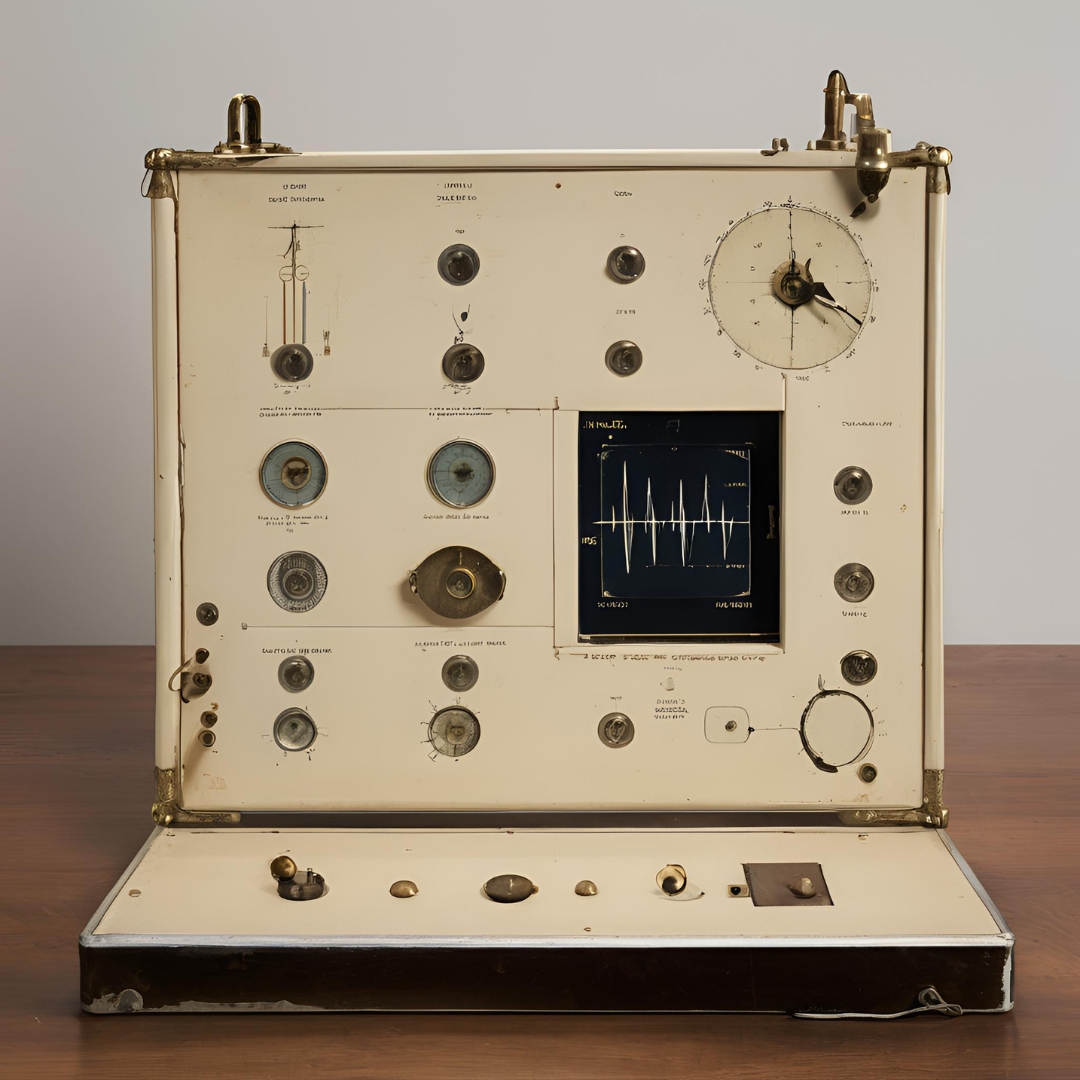Veterinary medicine often gets overlooked in biomedical engineering discussions, but it holds a promising future. Advanced diagnostic tools and regenerative therapies will revolutionize how we care for our animal companions.

Precision Diagnostics: Enhancing Animal Care
Biomedical engineering is revolutionizing precision diagnostics for animals. Imaging technologies, like MRI and CT scans designed for veterinary use, are enabling early detection of conditions that could otherwise go unnoticed until they worsen.
Furthermore, portable diagnostic devices developed by biomedical engineers are proving particularly beneficial for large animals such as horses and livestock. These innovations not only enhance the quality of care but also expand access to veterinary services in remote areas.
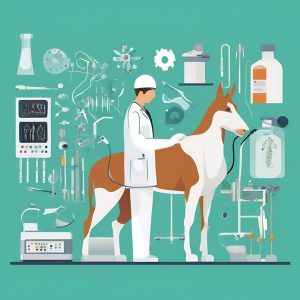
Regenerative Medicine: Healing Beyond Traditional Treatments
Regenerative medicine is another frontier where biomedical engineering is making significant strides. Techniques like stem cell therapy and tissue engineering, which have shown promise in human medicine, are now being adapted for veterinary use. This could be a game-changer for treating conditions that are currently difficult or impossible to cure, such as degenerative joint diseases or spinal injuries in animals.
Imagine a world where a dog with severe arthritis can receive a treatment that regenerates its joint tissue, restoring mobility and reducing pain. Or a horse with a tendon injury that heals faster and more completely thanks to bioengineered tissues. These possibilities are becoming increasingly real as research in veterinary regenerative medicine progresses.

Wearable Technology: Monitoring Health in Real Time
Wearable technology is not just for humans anymore. Biomedical engineers are developing devices that can monitor animals’ vital signs, activity levels, and even behavioral patterns in real time. These wearables can provide valuable data to veterinarians, helping them to detect health issues early and manage chronic conditions more effectively.
For pet owners, this means greater peace of mind, knowing that their furry friends are being closely monitored even when they’re not around. For veterinarians, it means more data to inform treatment decisions, leading to better outcomes for their patients.

Advanced Prosthetics and Implants
Biomedical engineering is creating new opportunities for animals in need of prosthetics and implants. Custom-designed prosthetic limbs and orthopedic implants are aiding animals in their recovery from injuries, allowing them to lead more active lives. These devices are becoming increasingly advanced, with better materials and more precise fitting techniques that enhance their functionality and comfort.
In the future, we may witness the development of bio-integrated implants that seamlessly work with an animal’s body, reducing the risk of rejection and complications. These advancements will not only enhance the quality of life for animals but also establish new standards for veterinary care

The Ethical Dimension Veterinary Medicine
As we envision the future of veterinary medicine, it’s crucial to take into account the ethical considerations of these advancements. Similar to human medicine, responsible use of new technologies and prioritizing animal welfare is essential. While there’s great potential to improve veterinary care, it’s important to maintain a commitment to ethical practices and uphold the well-being of the animals we seek to assist.

